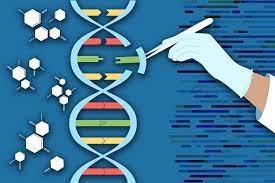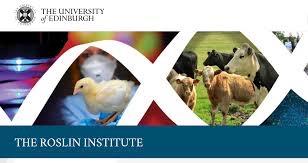 Experiments conducted at the Roslin Institute at the University of Edinburgh have demonstrated that chicken cells in culture can be protected from avian influenza virus by applying CRISPR technology to eliminate a gene required for viral replication. The project has been in progress since 2019, according to Dr. Mike McGrew. It is emphasized that this research is at an initial stage and any news headlines or lay publications purporting that the technology as a solution to avian influenza are optimistically premature. Over the short and intermediate terms more effective vaccines offer a more practical and applicable approach to HPAI.
Experiments conducted at the Roslin Institute at the University of Edinburgh have demonstrated that chicken cells in culture can be protected from avian influenza virus by applying CRISPR technology to eliminate a gene required for viral replication. The project has been in progress since 2019, according to Dr. Mike McGrew. It is emphasized that this research is at an initial stage and any news headlines or lay publications purporting that the technology as a solution to avian influenza are optimistically premature. Over the short and intermediate terms more effective vaccines offer a more practical and applicable approach to HPAI.
Although gene deletion would be consistent with the proposed U.K. Precision Breeding Bill facilitating registration of genetically modified animals for food production, commercial application is years in the future. A major obstacle to adopting the technology will be overcoming consumer resistance to a “GM chicken”.

Primary breeders have opted to apply molecular biology to identifying specific traits in elite lines but have all avoided any suggestion of genetic modification either through gene insertion or deletion.
Ultimately, CRISPR will be widely accepted, given the benefits derived through disease prevention and parasite resistance. Commercialization of the technology will progress despite criticism by those opposed to intensive livestock production. Adoption of CRISPR technology in human medicine and the imperative to enhance production of protein food derived from flocks and herds will displace negative publicity.